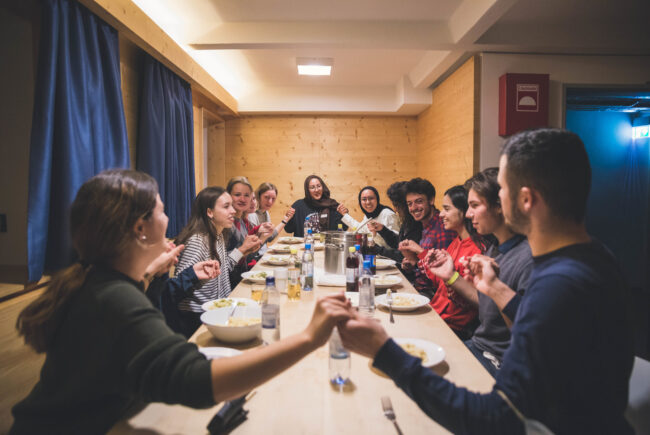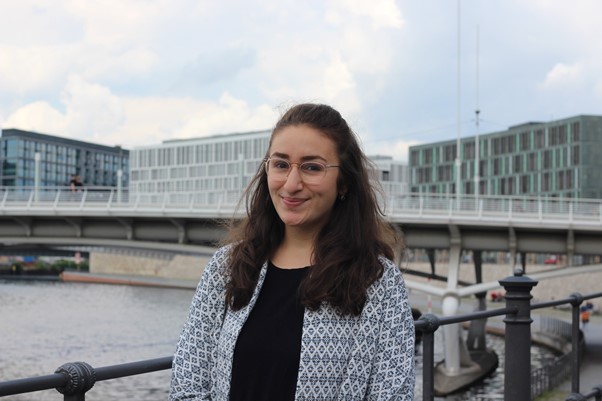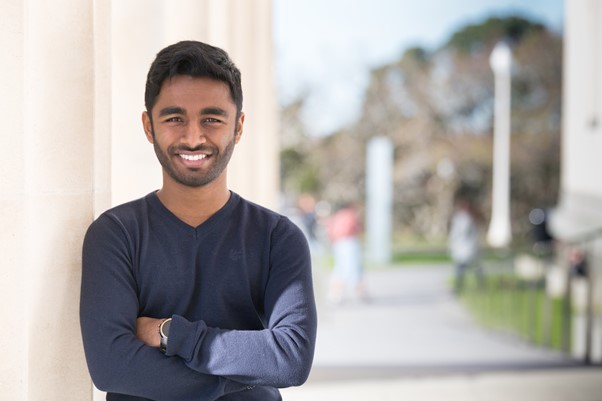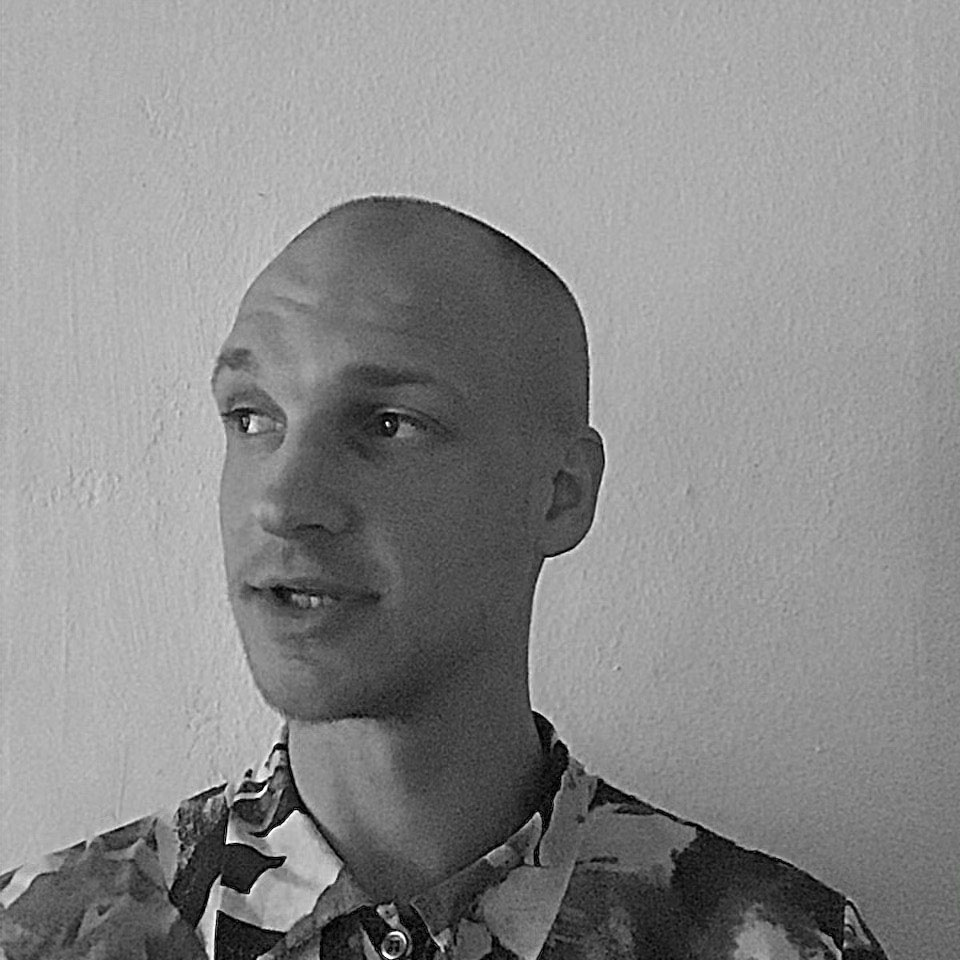

Aelius is a mentoring programme where students from disadvantaged backgrounds are supported by an individual mentor throughout their school life. Photo credit: Aelius Förderwerk e.V
Aelius is a mentoring programme where students from disadvantaged backgrounds are supported by an individual mentor throughout their school life. Photo credit: Aelius Förderwerk e.V
Students from minority backgrounds face many obstacles in the German school system. What does it really take creating a more inclusive path to higher education?
Germany’s PISA scores in 2000 revealed that the link between a student’s educational attainment and their social background was the closest amongst all OECD countries. In 2018, despite no longer being 31st out of 31 countries, being 33rd out of 36 countries is no real improvement.
Many defenders of the German system often lay the issue at the feet of migration. Germany has experienced great fluctuations in its society before, whether that be post-war rebuilding, the fall of the Eastern bloc or more recent migration crises.
But such polarisation does not take place in a vacuum. We should really reflect on our own institutions before pointing fingers at cultural differences.
We spoke to two people who are well positioned to shed light on the complexity of these issues.
Hilal-Aybike Kuru has worked as a secondary school teacher, a researcher and most recently as a supervisor at the Avicenna Foundation, the first scholarship programme for Muslim students.
Sagithjan Surendra was part of the first Avicenna cohorts, and consequently won the German “Student of the Year Award” in 2020, and is now the founder and chairman of the non-profit organisation “Aelius Förderwerk”.
Education system like lottery
Kuru‘s grandparents came to Berlin during the “economic miracle” in the 1960s, and she spoke of her mother attending the first “Ausländer-Kursen” (migrants’ course), now more appropriately titled “Willkommensklassen” (welcome class).
“There was a dominant attitude from teachers,” she says, “who actively discouraged participation, with low expectations rooted in racist and classist stereotypes.”

Hilal-Aybike Kuru is a Berlin based education professional currently on maternity leave. She formerly worked as a teacher, as well as a programme manager in a scholarship programme for Muslim university students.
“What I find unsettling,” she continues, now referring to some of the students she has taught or supported, “is that the experiences my mother had in education are still very similar to the narratives I hear from students coming through today.”
Sagithjan Surendra grew up as a son of Sri Lankan refugees.
“My parents did not know the German language, let alone anything about the German education system,” he says. “The feeling of having an entirely different habitus to the majority of the students is a discrepancy that I still feel today.”
Kuru introduced us to Surendra as “one of a kind”, and when asked how he felt about winning the “Student of the Year” award, he said that it was “a humbling experience”, especially because, as a teenager, he had not considered university a realistic option.
He compares the German education system to the lottery. “Theoretically, anyone can win, but not everyone at the same time,” he says.
School system separates children early
A recent study by Klaus Klemm who compared the 2000 and 2018 PISA reports laments the lack of progress. Although increases are noticeable in some competencies, they are often followed by stagnation or decreases in other competencies. Ultimately, says Klemm, no real development is noticeable.
“It starts early,” claims Kuru. “We separate our students at such a young age”.
Germany’s antiquated school system segregates pupils after primary school into a two-tiered or three-tiered system (depending on the state).
This is a root cause of the educational attainment gap in Germany. Klemm’s report also highlights the fact that social background is the key determinant for which school a child will be siphoned off into.
These schools often function as “feeders” for either the Abitur (the precursor to university) or the Ausbildung (apprenticeships). In this sense, the tripartite/bipartite system is a school structure that greatly benefits the German labour market.
“It always felt false to tell my students to follow the Ausbildung route,” says Kuru.
The human connection is missing, and this is how a lot of people fall out of the system.
“It’s sometimes a convoluted, difficult pathway to minimum-wage work. But people of colour (PoC) and working-class kids are often forced to make these pragmatic and economic decisions. Our parents and grandparents came here for a better life, but now my generation is asking whether we are not also entitled to the good life?”
Naturally, there are structures in place which allow an adult learner to return to education later on in life, facilitated often by the Volkhochschule. However, Germany is far behind many other leading OECD countries when it comes to flexible, blended or distant learning.
This is bad news for re-engaging adult learners, especially those who may be juggling parenthood with a full-time job.
Engagement in higher education strongly connected to class
Surendra talks of a greater need for sensibilisation. This is also one of the foci of his 2019 TED talk. He says that the institutions running from primary school to further education and higher education are just not aware of the financial or emotional issues that PoC and students from non-academic backgrounds face.
This is why initiatives and programmes like Avicenna and Aelius are so essential. They help bridge this large and sometimes overwhelming gap between compulsory and non-compulsory education.

Sagithjan Surendra is the founder and chairman of the non-profit organisation “Aelius Förderwerk” supporting disadvantaged children and students in Germany.
Avicenna is the first Muslim sponsorship programme in Germany, and it offers financial support to talented young individuals. “What’s interesting,” says Kuru, “is that our students are never just academically impressive, they are also socially and politically active and, more often than not, doing an incredible amount of domestic and care work.”
“And,” she continues, “the fact that Avicenna has the largest share of working-class students among state-funded scholarship programmes further highlights the racialised nature of the class system in Germany. Our universities are not just white but also middle-class spaces, and engagement in higher education is often a class thing.”
Torn between two worlds
Aelius, on the other hand, is a mentoring programme where students from disadvantaged backgrounds are supported by an individual mentor throughout their school life.
“Funding and financial support for students are essential,” acknowledges Surendra, “but we also need support programmes that offer the perspectives, network and opportunities that many children from disadvantaged households lack.”
Both Kuru and Surendra talk extensively about support, mentorship and the psychological disadvantage of being “torn between two worlds.”
Whether referring to Pierre Bourdieau or more recent German academics like Aladin El Mafalaani, these are issues that have been well documented.
This is often the case with minority politics. Change doesn’t happen if people don’t push.
According to El Mafalaani, the three leading drivers of disengagement are the ‘habitus’ of the educational setting, the material and immaterial constraints and restrictions on the student, and the background-specific economic reasoning.
“This,” Kuru continues, “begins to take its toll”. She goes on to discuss the individual students she has seen falter on the narrow path into non-compulsory education: “the human connection is missing, and this is how a lot of people fall out of the system.”
Surendra backs this up, and this is something he wants to address directly through his programme: “peer-to-peer empowerment,” he says, “is perhaps the most effective strategy.”
There are an increasing number of programmes and support networks in place for students from disadvantaged backgrounds, and this should be applauded. But, as Surendra makes us aware, most of them are non-profit and not provided by the government or institutions of learning.
“Institutionalising them,” he continues, “and making them part of our education system would be a very effective solution.”
Kuru calls for an end to the “educational apartheid” of Germany’s school system: “it has been a long time since we have had any reform.”
“But,” she continues, “this is often the case with minority politics. Change doesn’t happen if people don’t push. These things don’t just drop from the sky.”
Authors







